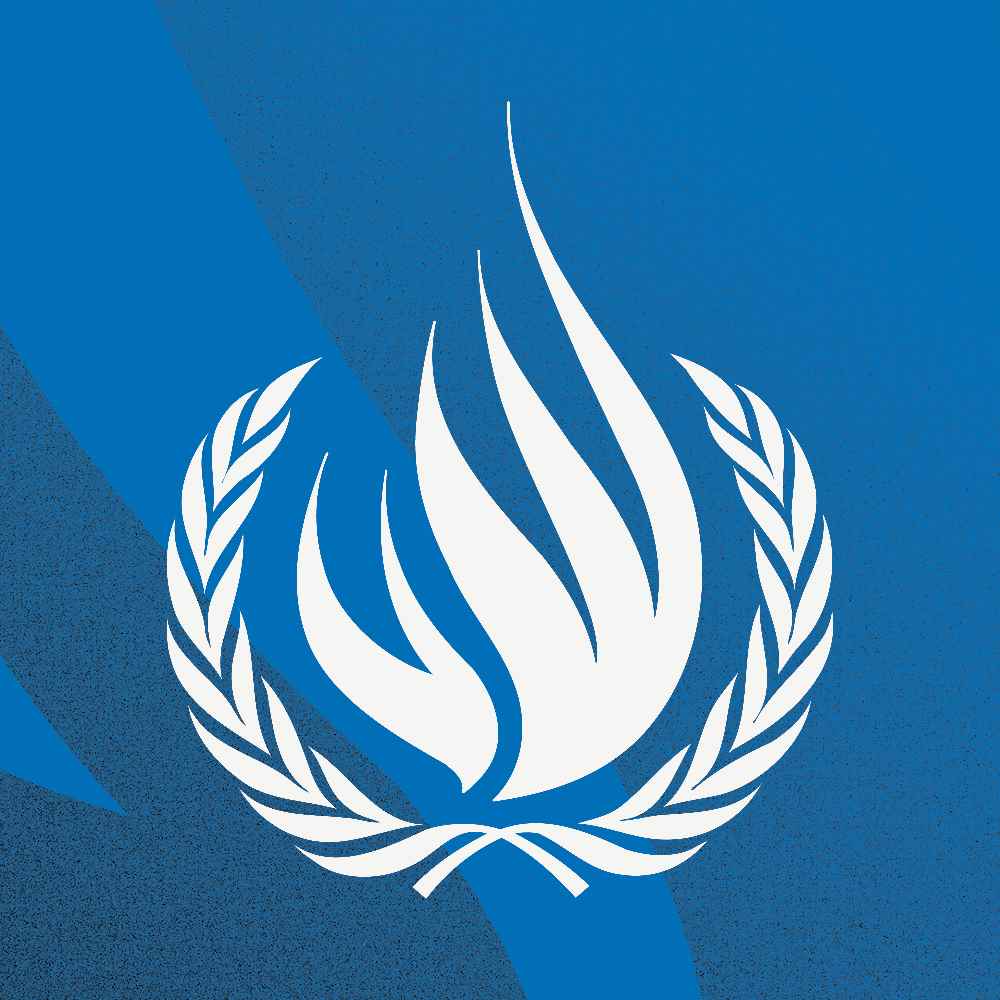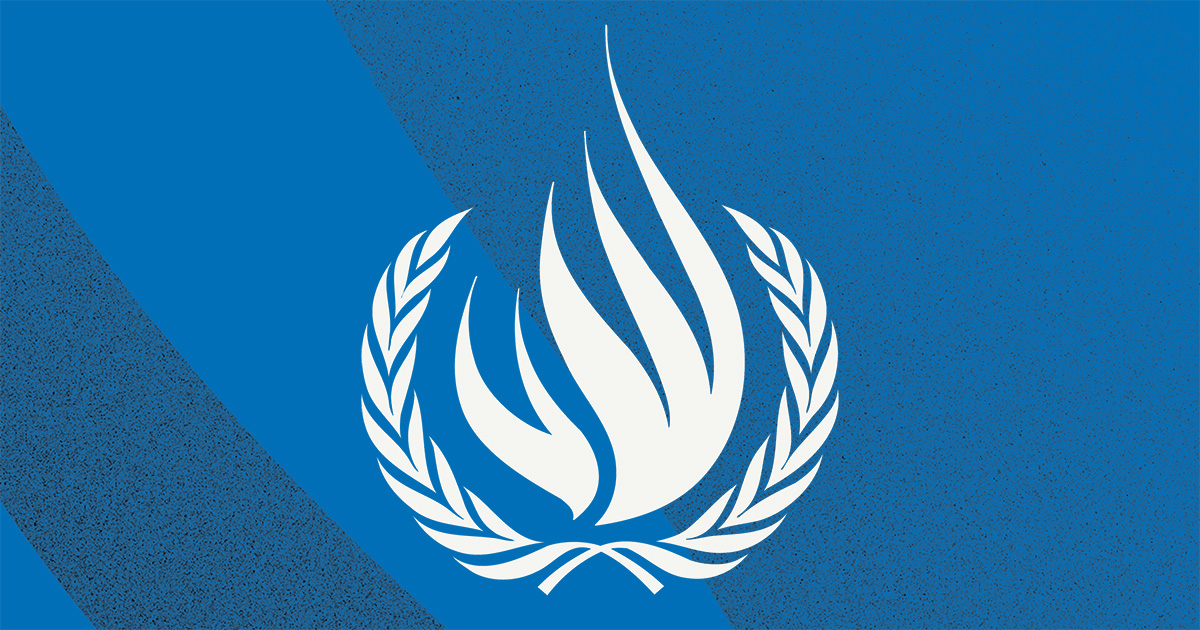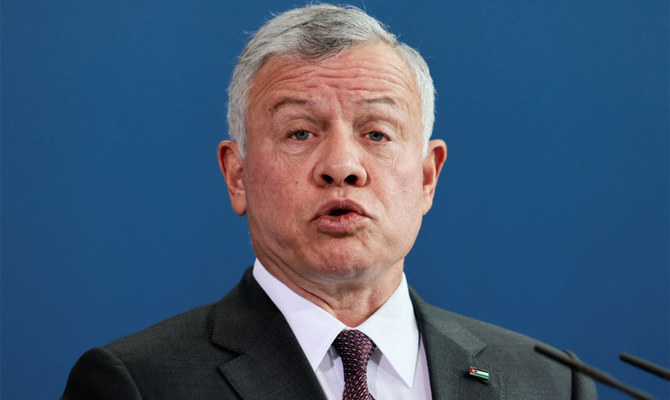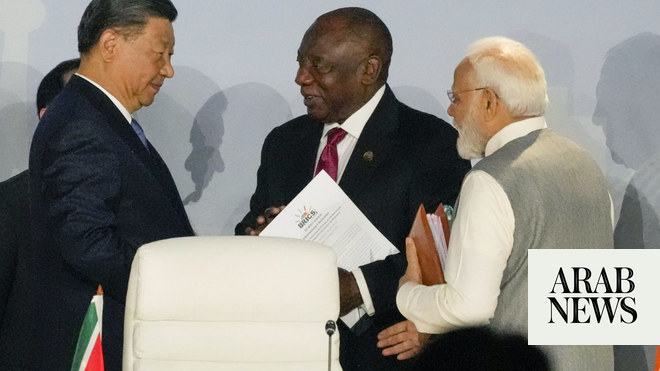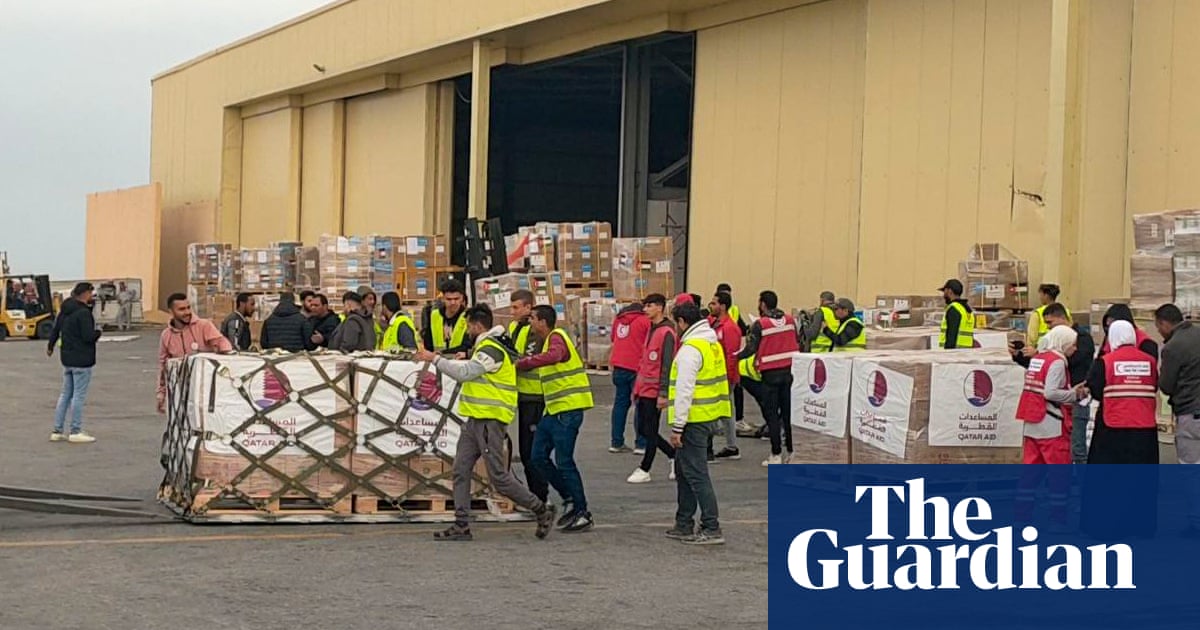
DELIVERED BY
Michelle Bachelet, UN High Commissioner for Human Rights
AT
Briefing to the United Nations Security Council
LOCATION
New York
RELATED
STATEMENTS
Statement by the Deputy High Commissioner at the Martin Ennals Award for Human Rights Defenders
STATEMENTS
Speech by the High Commissioner for Human Rights to the Dublin Platform for Human Rights Defenders
PRESS RELEASES
UN rights expert to assess impact of unilateral sanctions imposed by the European Union
Mme. President,
For over eight years, since 15 March 2014, my Office – through the Human Rights Monitoring Mission in Ukraine – has been monitoring the situation in Ukraine. To date, we have released close to 50 periodic and thematic reports.
On 24 February 2022, we quickly adapted to a very different working environment. Like millions of Ukrainians, the staff of my Office relocated to other regions of the country, but, and I am very proud to say, have not paused their work for a single day. Currently, the Mission has staff on the ground in Uzghorod, Kyiv, Lviv, Dnipro, Donetsk and Odesa, and conducts field visits to various parts of the country, including Kyiv and Chernihiv regions just last week.
The Mission continues to verify allegations of violations of international human rights law and of international humanitarian law in the context of the Russian Federation’s armed attack on Ukraine.
Many of these allegations concern violations that may amount to war crimes.
Based on the Mission’s work, my Office updated the UN Human Rights Council at the end of March, and will present a report on the human rights situation in Ukraine covering the period from 24 February to 15 May at the next session of the Council in June. My press statement on Ukraine of 22 April summarized our most recent findings.
It pains me to say that all our concerns remain valid, and the situation keeps deteriorating.
Mme. President,
Today is the seventy-first day of the escalation in hostilities, expanding the already eight-year long conflict to all regions of the country.
Reports of deadly incidents, such as attacks on hospital No 3 and the drama theatre in Mariupol, on the railway station in Kramatorsk, on residential areas in Odesa, have become shockingly frequent. There seems to be no end in sight to the daily reports of civilian deaths and injuries.
My team on the ground conveys the palpable trauma and shock experienced by the people they speak with, the vast majority of whom have either personally witnessed a violation or are victims themselves.
Rather than try to describe what victims are going through, let me use their words. Residents of Mariupol set up a Telegram channel to share information about their relatives who perished in the city:
I quote: “he was killed in front of his wife and children”; “her body remained under the debris of her house, we could not even bury her”; “my uncle died from loss of blood after sustaining fragmentation injuries, I only know he was buried in a collective grave”.
I could share many more such messages.
Last week, on 28 April, when the UN Secretary-General was visiting Kyiv to meet the President of Ukraine, Volodymyr Zelenskyy, the city was hit by two missiles. At least one woman, a journalist, was killed, and four civilians were injured in the attack. An OHCHR team was in Kyiv on that day too, preparing to visit Bucha. On the same day, we corroborated 22 civilian deaths and 40 civilian injuries in other places of Ukraine.
Members of the Council,
In Ukraine, my Office has recorded 6,731 civilian casualties since the Russian armed attack started on 24 February. We know the real figures are considerably higher.
As my Office consistently reports, most of these casualties have been caused by the use of explosive weapons with wide area effects in populated areas, such as shelling from heavy artillery, including multiple launch rocket systems, and missile and air strikes.
My Office is also documenting the devastating consequences of the conflict on other human rights. In areas around Kyiv, from late February for about 5 weeks, Russian forces targeted male civilians, who they considered suspicious. Men were detained, beaten, summarily executed and, in some cases, taken to Belarus and Russia, unbeknownst to their families, and held in pre-trial detention facilities. My staff met with families who are searching for their missing male relatives, desperate to know where they are, if they are alive, and how they can get them back. Families were shot at as they tried to escape in convoys. In some areas, it was dangerous to cross the street, with snipers or soldiers shooting at anyone who tried. Local authorities are compiling lists of dead and missing, continuing exhumations, taking DNA from relatives, while also trying to reconnect these districts to electricity and water.
In other areas controlled by Russian armed forces and affiliated armed groups such as Kharkiv, Donetsk, Luhansk, Zaporizhzhia and Kherson regions, we continue to document arbitrary detention and possible enforced disappearances of representatives of local authorities, journalists, civil society activists, retired servicemen of the armed forces, and other civilians by Russian armed forces and affiliated armed groups. As of 4 May, my Office had documented 180 such cases, of which five victims were eventually found dead. We have also documented eight possible enforced disappearances of people considered to be pro-Russian in Government controlled territory.
My staff heard about cases of women having been raped by Russian armed forces in areas that were under their control, as well as other allegations of sexual violence by both parties to the conflict. And yet, the stigma around rape and sexual violence continues to prevent victims and their families from feeling safe to report. This only highlights the importance of ensuring adequate and safe support services for victims.
Grim evidence of torture, ill-treatment, and summary executions of prisoners of war committed by both parties to the conflict is surfacing. My Office is collecting such evidence, which will be included in its future reporting.
The only way for these horrors to stop is for armed forces to fully respect their obligations under international human rights law and international humanitarian law.
It is vital that all parties give clear instructions to their combatants to protect civilians and persons hors de combat, as well as to distinguish between civilian and military objects.
Those in command of armed forces must make it clear to their members that anyone found to have been involved in such violations will be prosecuted and held accountable. Accountability demands that evidence be preserved, and that mortal remains be treated with decency.
Mme President,
Members of the Council,
The list of gross violations of international human rights law and serious violations of international humanitarian law continues to grow each day. We cannot let the number of victims continue to rise.
A one-day ceasefire alone would spare the lives of at least 50 civilian children, women and men, including many older persons.
A one-day ceasefire would prevent 30-70 civilians from being injured, and a dozen from becoming disabled.
A one-day ceasefire would allow several thousand civilians to safely leave areas where they are currently trapped in hostilities.
Most importantly, a ceasefire will show that the horror in Ukraine can be stopped. It is of the most fundamental importance that the ongoing hostilities cease, once and for all.
Mme President,
Advocating for accountability is a cornerstone of my Office’s work.
If the perpetrators of violations against civilians and persons hors de combat are brought to justice, potential perpetrators will think twice before unleashing similar unlawful attacks or acts of violence and creating new victims.
Accountability also contributes to the healing process for the victims, their families and society at large.
National justice systems are the most crucial. I urge the parties to the conflict to investigate all violations of international human rights law and international humanitarian law allegedly committed by their armed forces, and I welcome Ukraine’s efforts in this regard.
My Office is fully committed to supporting those systems and the work of the Commission of Inquiry on Ukraine and to cooperating with the Office of the Prosecutor of the International Criminal Court and other international justice mechanisms, in accordance with our established UN frameworks.
Let us commit to putting a stop to this senseless conflict. We must be steadfast in our efforts for peace and resolute that justice will be done.







